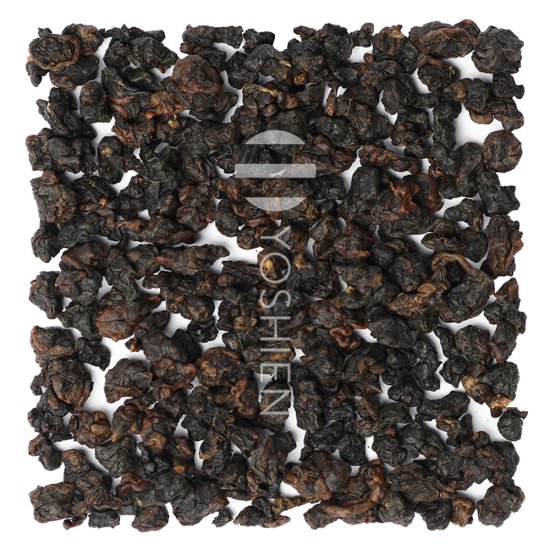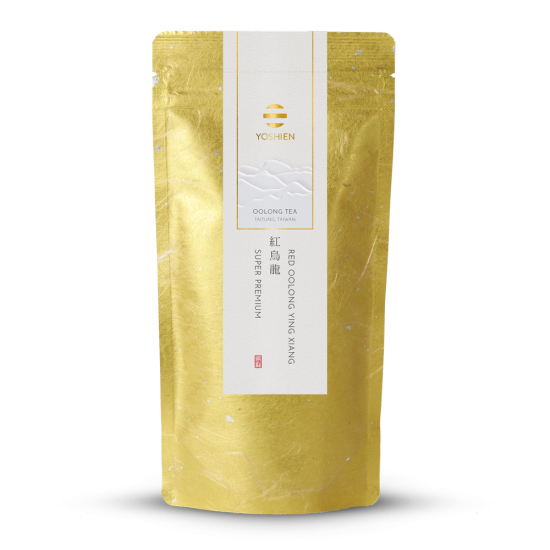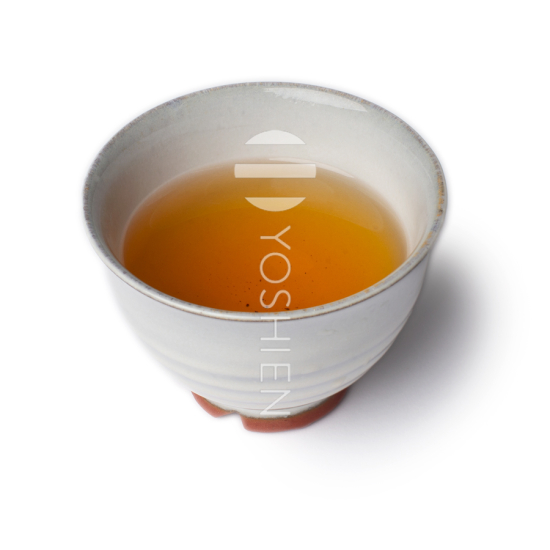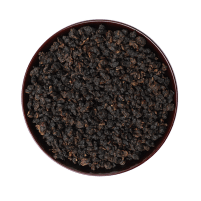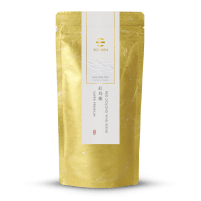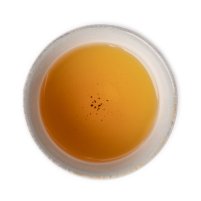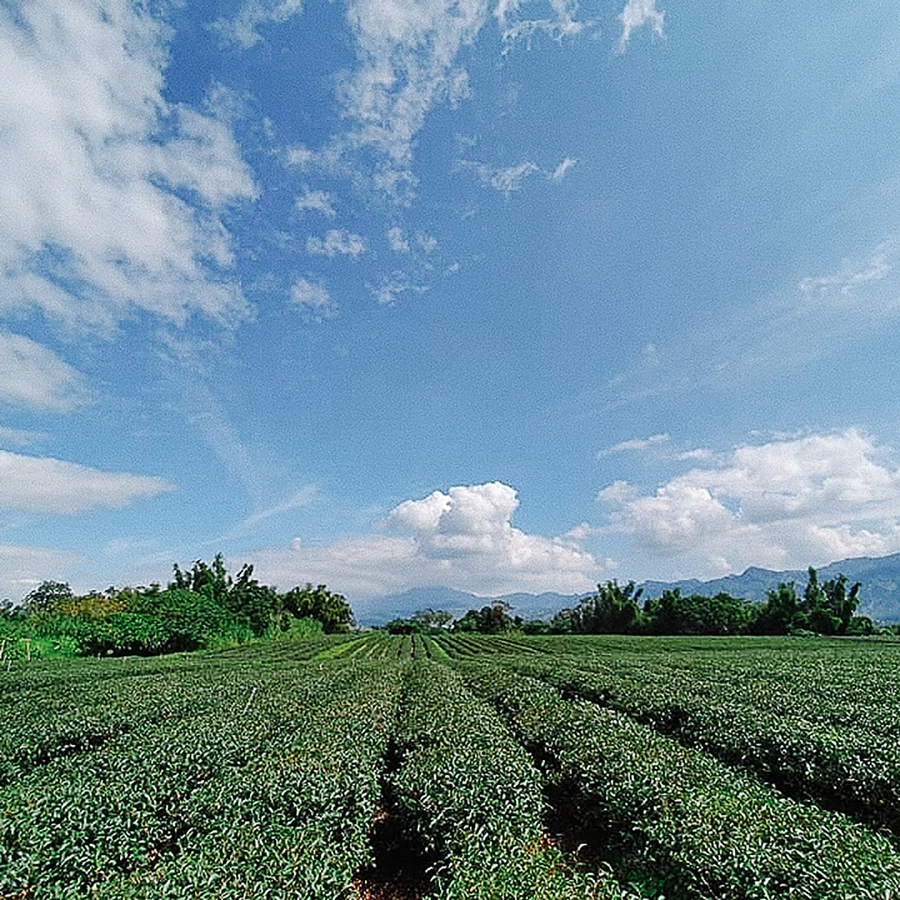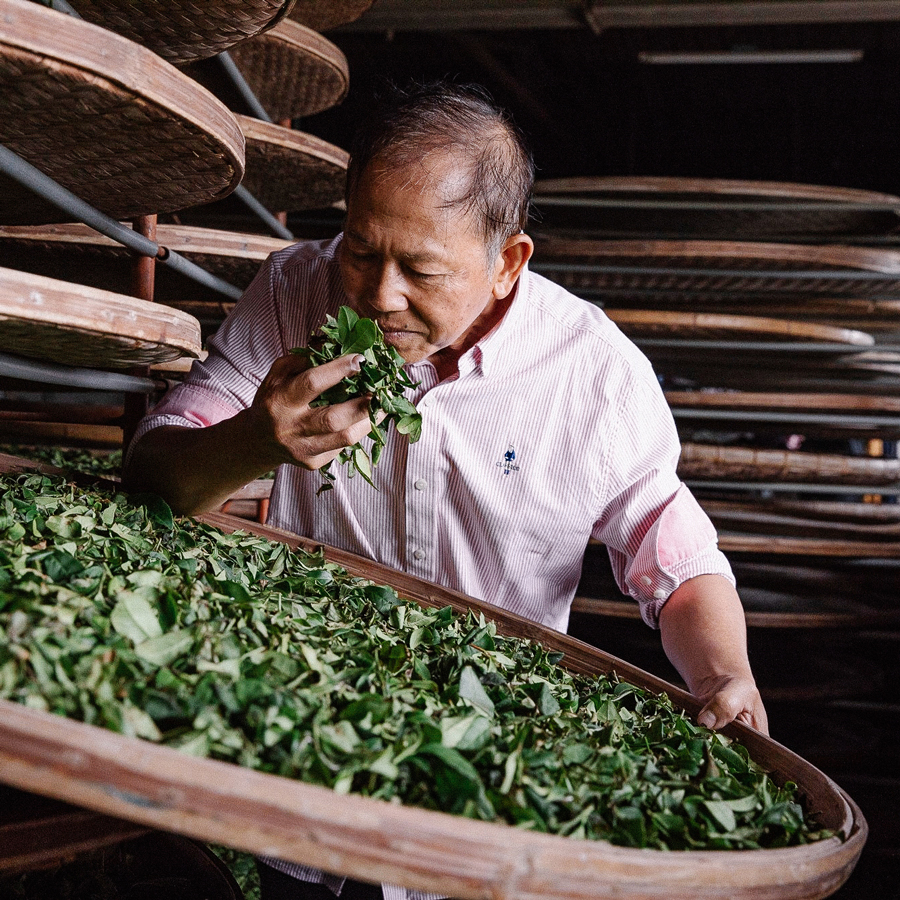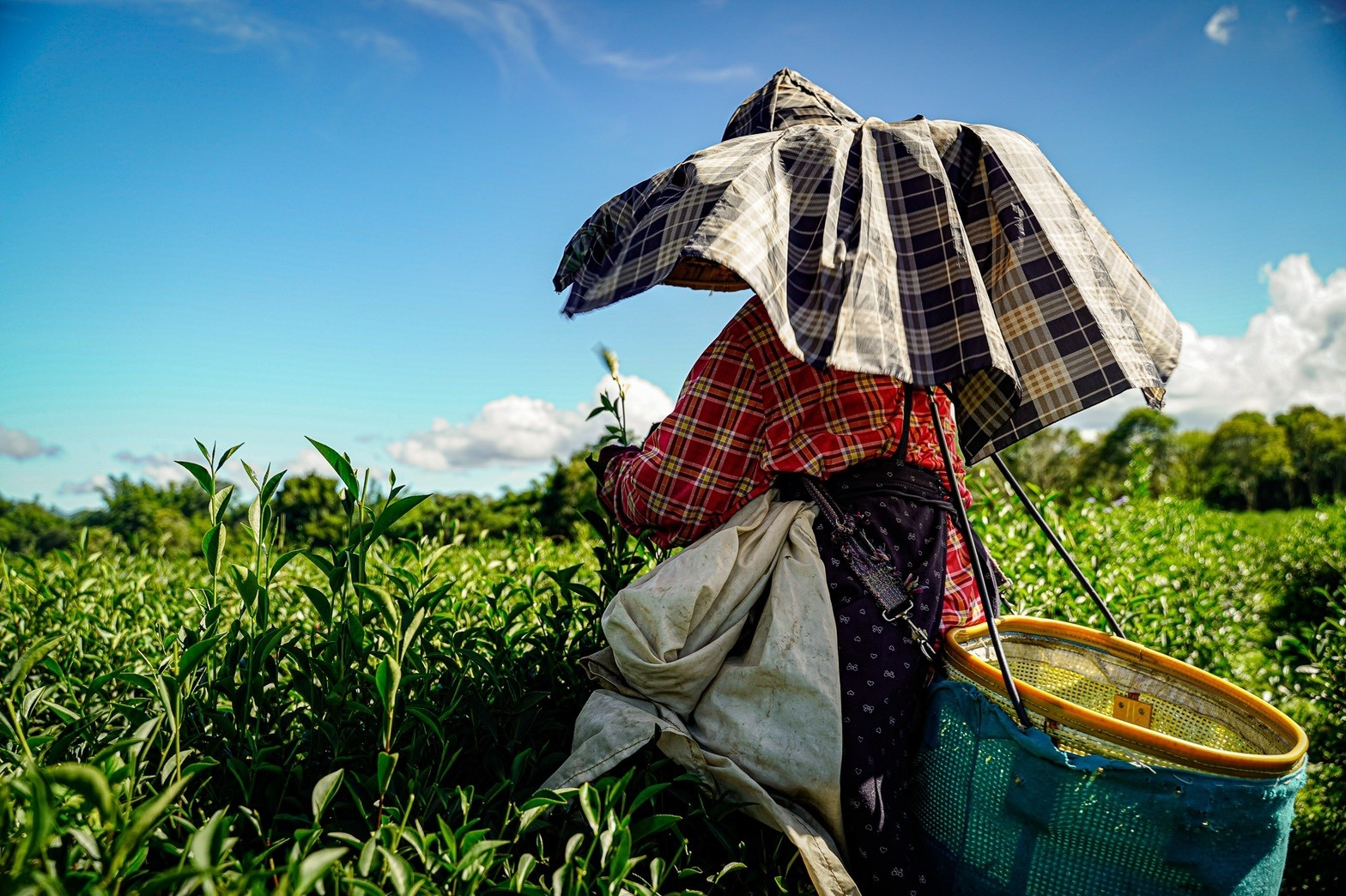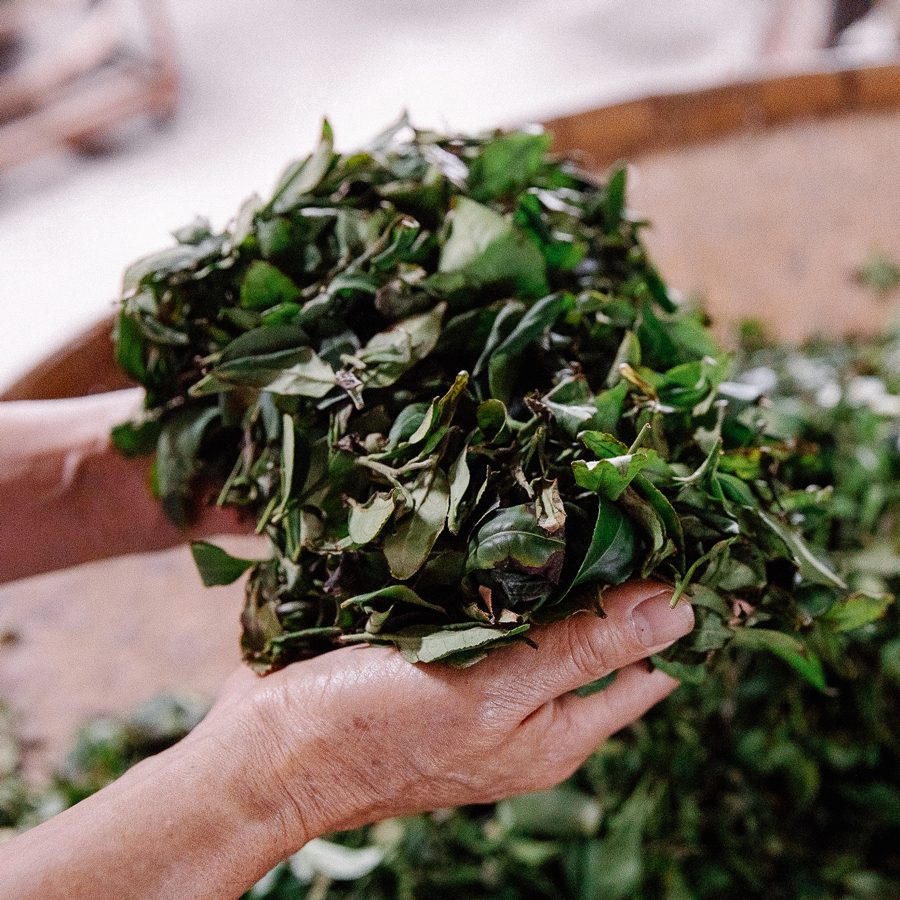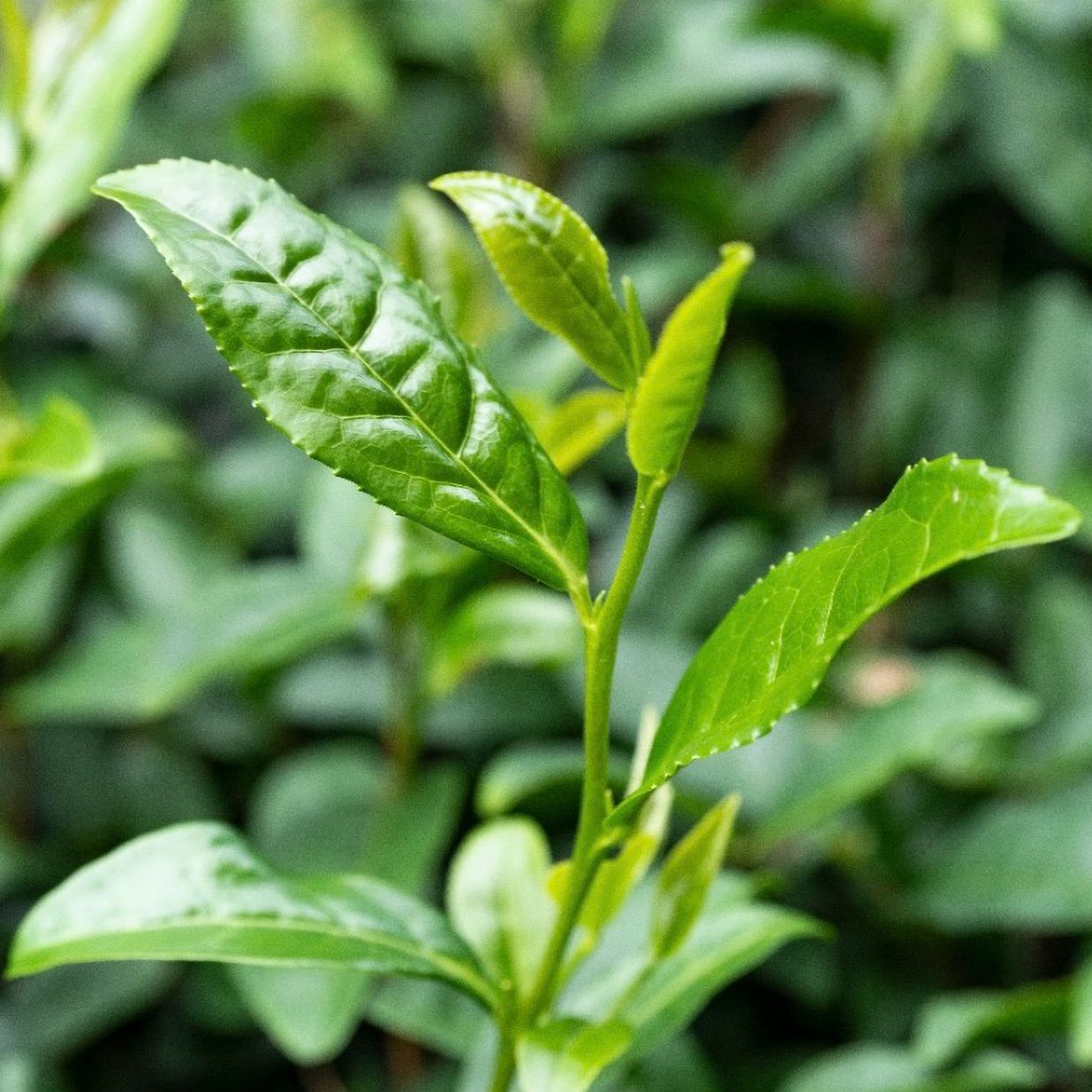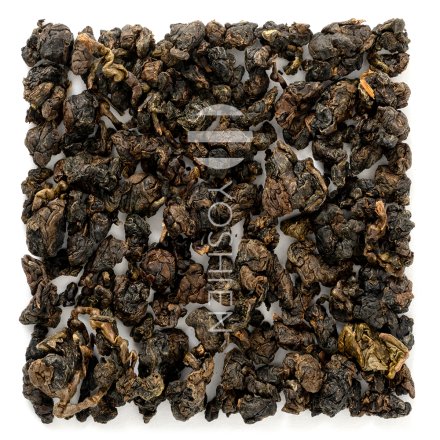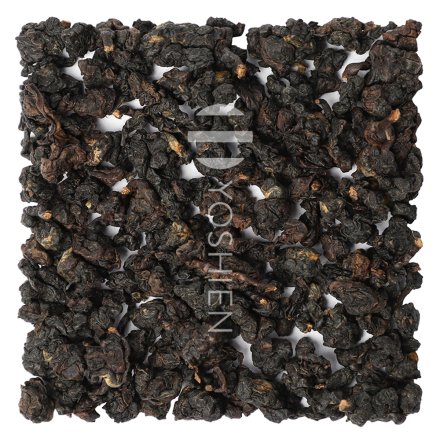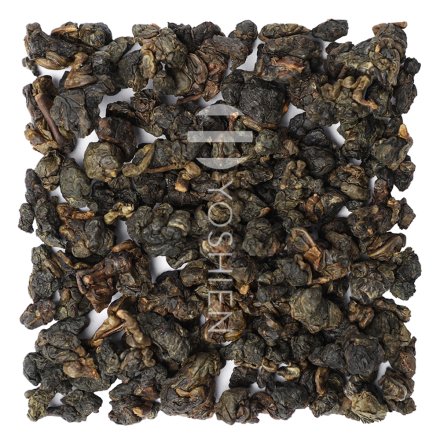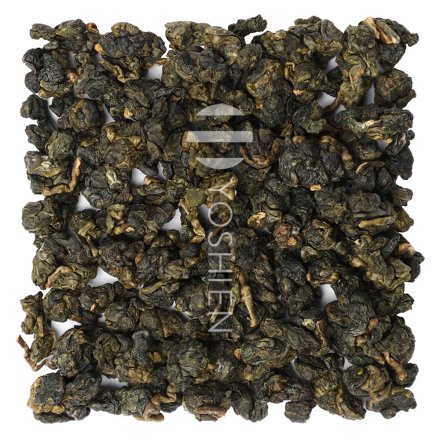The special feature of this oolong is the high degree of oxidation. While conventional Taiwan Oolong is made with a very gentle, only short-lasting oxidation, our Red Oolong was exactly this intensified. After the hand harvest in March and two short withering periods (first outside, then inside), the tea leaves are rolled particularly intensively and strongly. This ensures an oxidation level similar to that of black tea, which, unlike black tea, is kept a little lower by applying heat (300 degrees Celsius in the oven). The result is a particularly strongly oxidized oolong with the usual nutty aromas, but additionally refined with full-sweet fruit and honey notes. After oxidation, the leaves are traditionally rolled and pressed in cloth and then dried with a final kiln roasting.





